You are here
Decline of Schools and Conflicts of Principles
About the speaker
François Dubet
French sociologist, professor at the University of Bordeaux II and Director of Studies at Paris’s École des Hautes Études en Sciences Sociales
Society has to learn not to expect everything from schools?
Principal idea
It is paradoxical that we should be speaking of the decline of the school institution in France at a time of the greatest potency of the school institution: at present there are more people than ever in the education system (both students and teachers) and, furthermore, education is basic for entering employment. Why do we speak, then, of decline?
The republican school model follows the church model
What are the fundaments of the church?
According to Dubet, for the sociologist, the church is a machine for making Christians. The church has created a programme, a highly elaborate technique, aimed at creating Christians.
1. It defines sacred principles, dogmas of faith, that are incontrovertible and that are removed from the world.
2. In order to convey these dogmas, professionals with a vocation are hired who are capable of embodying this dogma. When he speaks in God’s name, the priest embodies all that is divine. If you pay attention to the priest, you are paying attention to God.
3. Religion is practised in sanctuaries (churches), protected from the passions and turmoil of the world.
4. If you accept the discipline laid down by the church, you will always arrive at faith and you can even be critical of the church, albeit from within the church.
What are the fundaments of the French republican school?
The republican school was created in opposition to the church, yet paradoxically it copied its model, its technique.
1. School is one of the pillars of the French identity industry. School establishes principles, values, that are as sacred and incontrovertible as the dogmas of the church. It is the school of the nation, of reason, of progress. It is based on a unitarian principle: “if we are all equal, we will be freer, we will be better?.
2. The republican school teacher has to be someone with a vocation who has to represent the values of the Republic. They are a teacher with authority because they represent “sacred? values.
3. It is a very solid sanctuary. Parents, companies, local agents do not have the right to enter it. It also separates the student from the child. The emotional child is of no interest (like the church’s separation between soul and body).
4. If you follow the values of the school to the end, you will be a free person who will be able to criticise the education system.
Why is this model coming to a crisis point?
The republican model has worked for many years and has been one of the pillars of the French nation and of democracy. Why do we speak of decline? Many people claim that the school institution has been attacked by capitalism, by neoliberalism, by the market. Dubet, however, feels that the reasons are internal:
• Modernity creates disenchantment. There are increasingly fewer things based on incontrovertible dogmas.
• It is difficult to believe in a school of a unitarian nation when we have a very non-unitarian (multicultural) population.
• Students no longer go to school to be part of the nation but because if they do not go to school, they will not get a job.
• School has no monopoly on culture. Now it is the media that have it. Children can get more information from TV or a computer than at school. In light of this fact, school discredits the media and sees it as vulgar (the same as the church did with the republican school).
• School is the victim of the critical spirit that it has created. School now has to show that it serves a purpose.
• The teacher is no longer defined by their vocation but by being just another professional, a technician. Their prestige is not consecrated. They are a professional like any other. In addition, now they no longer have to devote themselves simply to teaching but to motivating student so that they want to learn.
All of these changes have come about due to the massification of school.
Now that everyone has access to education, school is no longer a sanctuary in isolation from the world. The problems of the world have entered the school. Adolescence and integration are part of school. The school is full of young life and they do not know what to do with it. Massification has broken down the sanctuary walls.
Massification has also led to school being motivated by commercial criteria.
Parents choose the school that will ensure that their children have a greater chance of finding work. School is no longer unitarian. Each school is increasingly more independent to be able to compete with other schools.
We have a collective equality (everyone has access to education) that maintains the relative inequalities.
Inequality is no longer whether you go to school or not, but the result you get from school. If you do not get good marks, you are outside the system.
Now there is a problem of motivation.
If there is no longer dogma, the difficulty now is for the students to understand why they have to study and why they have to get involved in education.
What should the school of the future be like?
• Society has to learn not to expect everything from school. We want school to make good citizens, to put an end to inequalities, to convey culture. This is not reasonable. It is too much responsibility for school. There have to be other educating agents outside the school (the media could be part of this).
• We need a balanced school. We now want a common culture but one that selects the best; we want everyone to have a place but also to have the possibility of being independent to develop their potential; we want free culture, within everyone’s reach, but also for everyone to find work when they finished studying.
• We do not need revolutionary and radical changes but to find democratic arenas for discussion to establish changes in how we work. Pragmatic changes.
• Fostering the independence of the school is good, but with general unitarian aims.
Discover
other ideas
-

Uncertainty and creativity: educating for the know...
Daniel Innerarity
2010 -

The State of Education in Catalonia. Priorities an...
Ferran Ferrer, Ramon Farré, Ramon Plandiura
2010 -

The Influence of Origin and Destination Countries...
Jaap Dronkers
2010



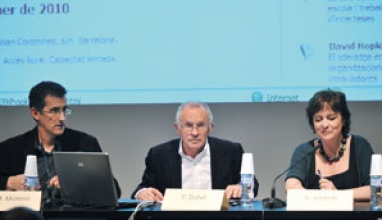

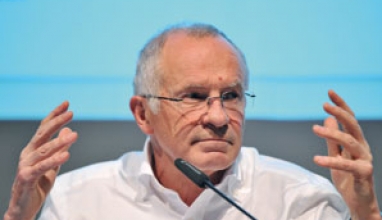
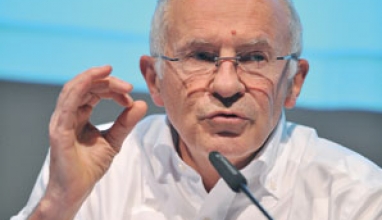
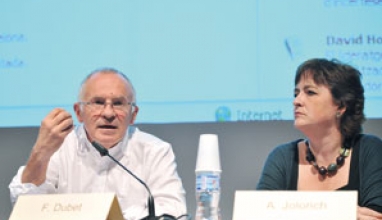
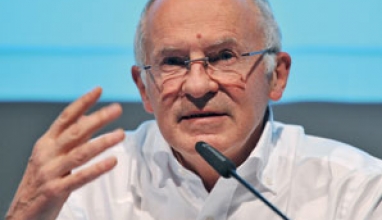
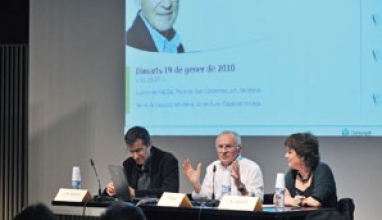
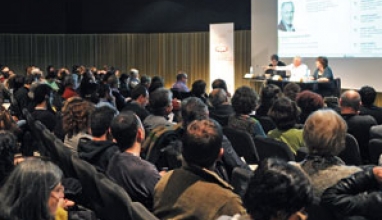
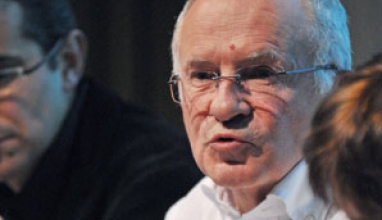
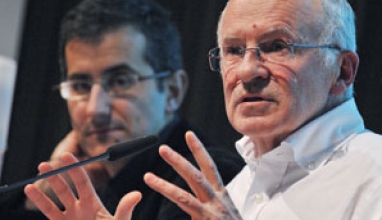
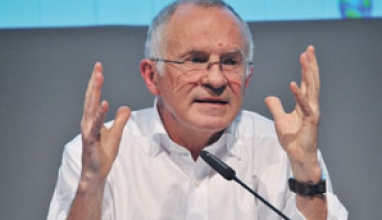
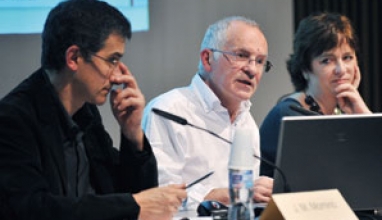
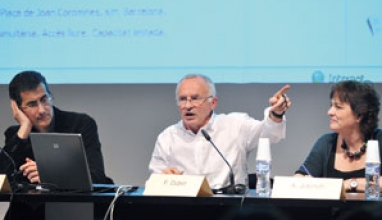
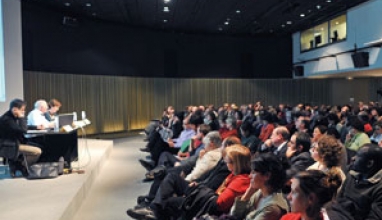
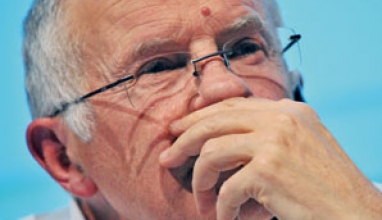
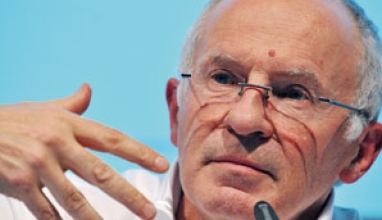
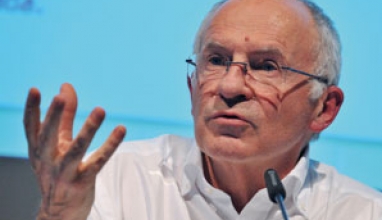
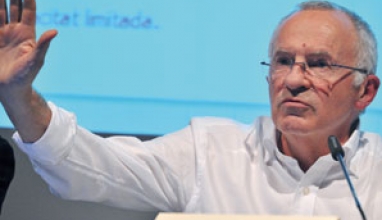



 The texts published on this website are, unless otherwise indicated, covered by the Creative Commons Spain Attribution - Non Commercial - No Derivs 3.0 licence. You may copy, distribute and transmit the work, provided you attribute it (authorship, journal name, publisher) in the manner specified by the author(s) or licensor(s). You may not use the material for commercial purposes. You may not transmit any derivative work from this material. The full text of the licence can be consulted here:
The texts published on this website are, unless otherwise indicated, covered by the Creative Commons Spain Attribution - Non Commercial - No Derivs 3.0 licence. You may copy, distribute and transmit the work, provided you attribute it (authorship, journal name, publisher) in the manner specified by the author(s) or licensor(s). You may not use the material for commercial purposes. You may not transmit any derivative work from this material. The full text of the licence can be consulted here: